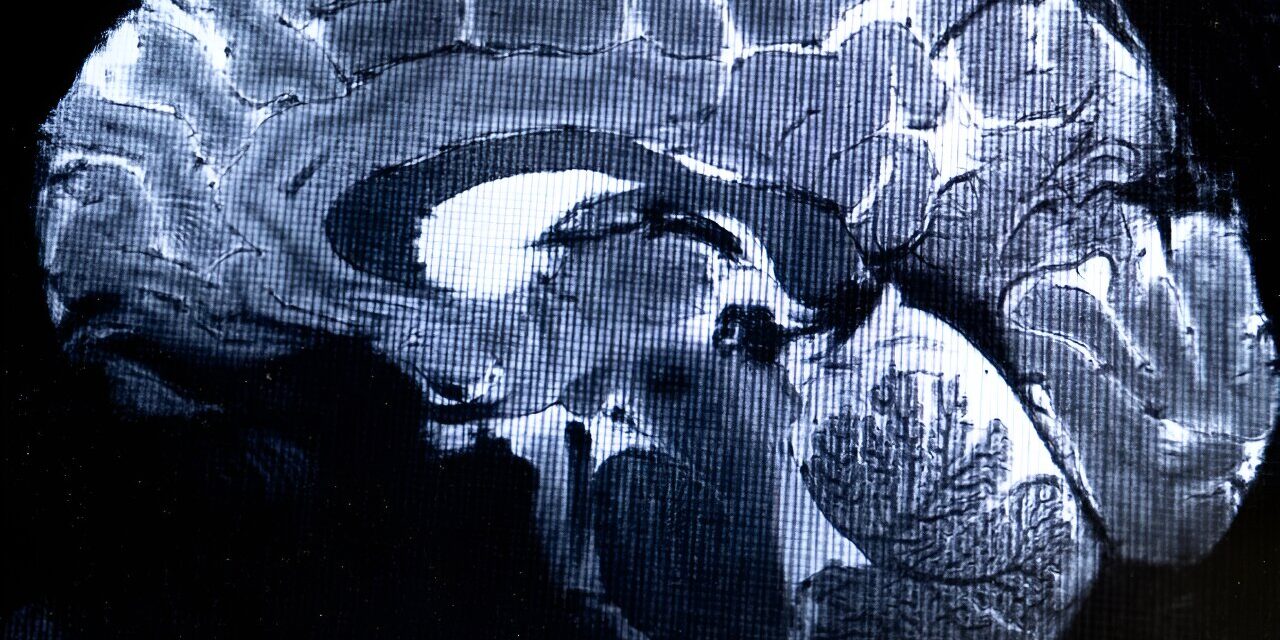MRI findings uncover an unexpected mismatch between Alzheimer’s pathology and cognitive function in a unique case study.
A groundbreaking study has left scientists astonished after discovering that a woman with Down syndrome remained cognitively stable despite showing clear signs of Alzheimer’s disease in her brain. This remarkable case, documented in Alzheimer’s & Dementia: The Journal of the Alzheimer’s Association, challenges conventional understanding of Alzheimer’s progression and could pave the way for future treatments.
New Insights into Alzheimer’s and Down Syndrome
Individuals with Down syndrome (DS) have a lifetime risk of over 90% for developing Alzheimer’s-related dementia as they age. Researchers at the University of Pittsburgh’s Swanson School of Engineering are investigating why some individuals with DS develop dementia while others do not—a mystery that could hold the key to broader Alzheimer’s treatment strategies.
A Decade-Long Study Reveals Astonishing Results
For ten years, a woman with Down syndrome participated in the Alzheimer Biomarker Consortium – Down Syndrome Research Study (ABC-DS). A team of investigators, including Dr. Elizabeth Head from the University of California, Irvine, meticulously documented her cognitive function.
At the time of her passing, her brain was donated for research, and scientists at the University of Pittsburgh’s 7T Bioengineering Research Program imaged it using a high-resolution 7 Tesla MRI scanner. The lead researcher, Jr-Jiun Liou, was startled by the results.
A Puzzling Discrepancy
“We are interested in linking neuroimaging with neuropathology to refine diagnostic and therapeutic strategies for individuals with Down syndrome,” Liou explained.
What she found was unexpected: despite extensive Alzheimer’s pathology in her brain, the woman had remained cognitively stable throughout her life.
“Before she passed away, all clinical assessments indicated she was stable, which is why this case is so fascinating,” Liou said. “We believe her cognitive resilience may have stemmed from genetic factors or a high level of education.”
Implications for Alzheimer’s Research
Liou and Head hope this case study will reshape diagnostic tools and expand criteria for therapeutic drug trials targeting Alzheimer’s disease. Clinical trials often exclude individuals who appear cognitively normal, even if their brains exhibit Alzheimer’s pathology. However, including such individuals could lead to more effective treatments.
Additionally, this study presents an extraordinary opportunity to explore genetic and lifestyle factors that contribute to cognitive resilience, potentially benefiting not only the Down syndrome community but the broader population as well.
“If we can identify the genetic or lifestyle factors that preserved her cognitive function, we may uncover strategies that help others,” Head emphasized. “This study proves that one person’s participation in research can yield groundbreaking discoveries.”
Conclusion and Future Directions
The findings underscore the complexity of Alzheimer’s disease and the potential for certain individuals to resist its cognitive effects. Future research will focus on pinpointing the protective mechanisms at play, offering hope for new interventions that could slow or prevent cognitive decline in Alzheimer’s patients.
Disclaimer: This article is based on current research findings and should not be interpreted as medical advice. Individuals concerned about Alzheimer’s disease should consult healthcare professionals for guidance.












